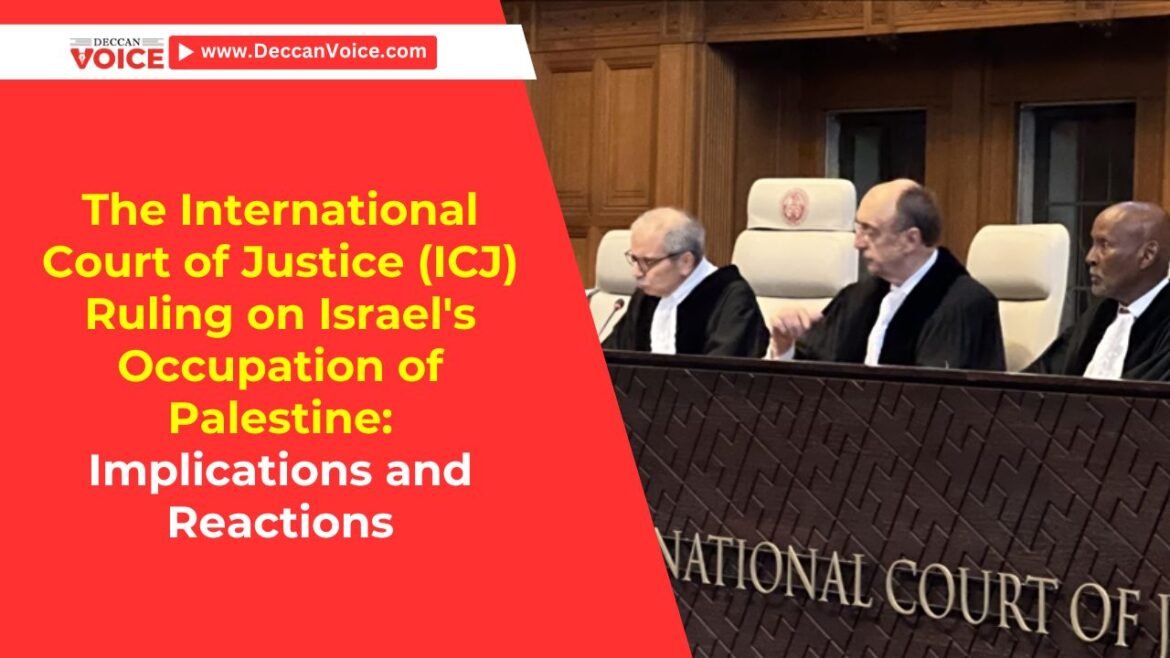The International Court of Justice (ICJ) has issued a significant ruling regarding Israel’s prolonged occupation of Palestinian territories, including the West Bank and East Jerusalem. This decision, referred by the United Nations General Assembly in 2022, challenges the legality of Israel’s occupation that has lasted over 50 years since the 1973 war.
Israel has long maintained that this occupation was temporary and justified under wartime conditions. However, the ICJ’s ruling declares this extended occupation illegal and mandates several key actions:
- Return of Land and Property: Israel must return land, assets, and cultural property to Palestinians.
- Evacuation and Demolition of Settlements: Israeli settlements established in occupied territories are illegal and must be dismantled. No further settlement activities are permitted.
- Compensation for Exploited Resources: Israel is required to pay reparations for the resources exploited in the occupied territories over the years.
- International Sanctions: The ruling encourages member countries to impose sanctions on Israel, boycott products from settlements, and sever business ties with companies operating in these areas.
The ICJ’s advisory opinion, although not binding, carries significant weight in international law and diplomacy. It parallels a 1971 ruling against South Africa’s apartheid regime, which led to widespread international sanctions and boycotts. This decision potentially opens the door for similar actions against Israel, subjecting individuals and businesses involved in the occupation to legal consequences globally.
This ruling also impacts countries like India, which are signatories to relevant international conventions, reinforcing their obligations to uphold the ICJ’s directives. This includes the right to protest against the occupation and support Palestinian rights without facing legal repercussions domestically.
The ICJ’s verdict marks a pivotal moment in the long-standing Israeli-Palestinian conflict, emphasizing international legal principles and human rights, and potentially reshaping geopolitical dynamics and the pursuit of justice and equity for Palestinians.
Full ICJ order on Palastine: PDF



